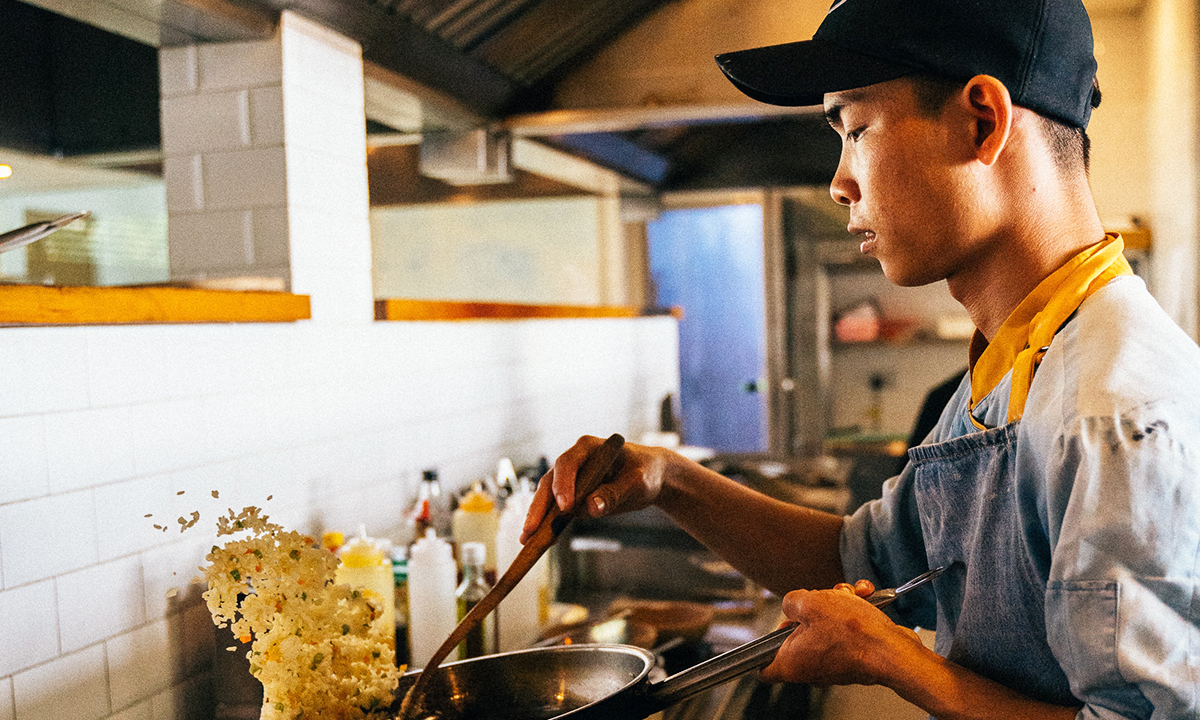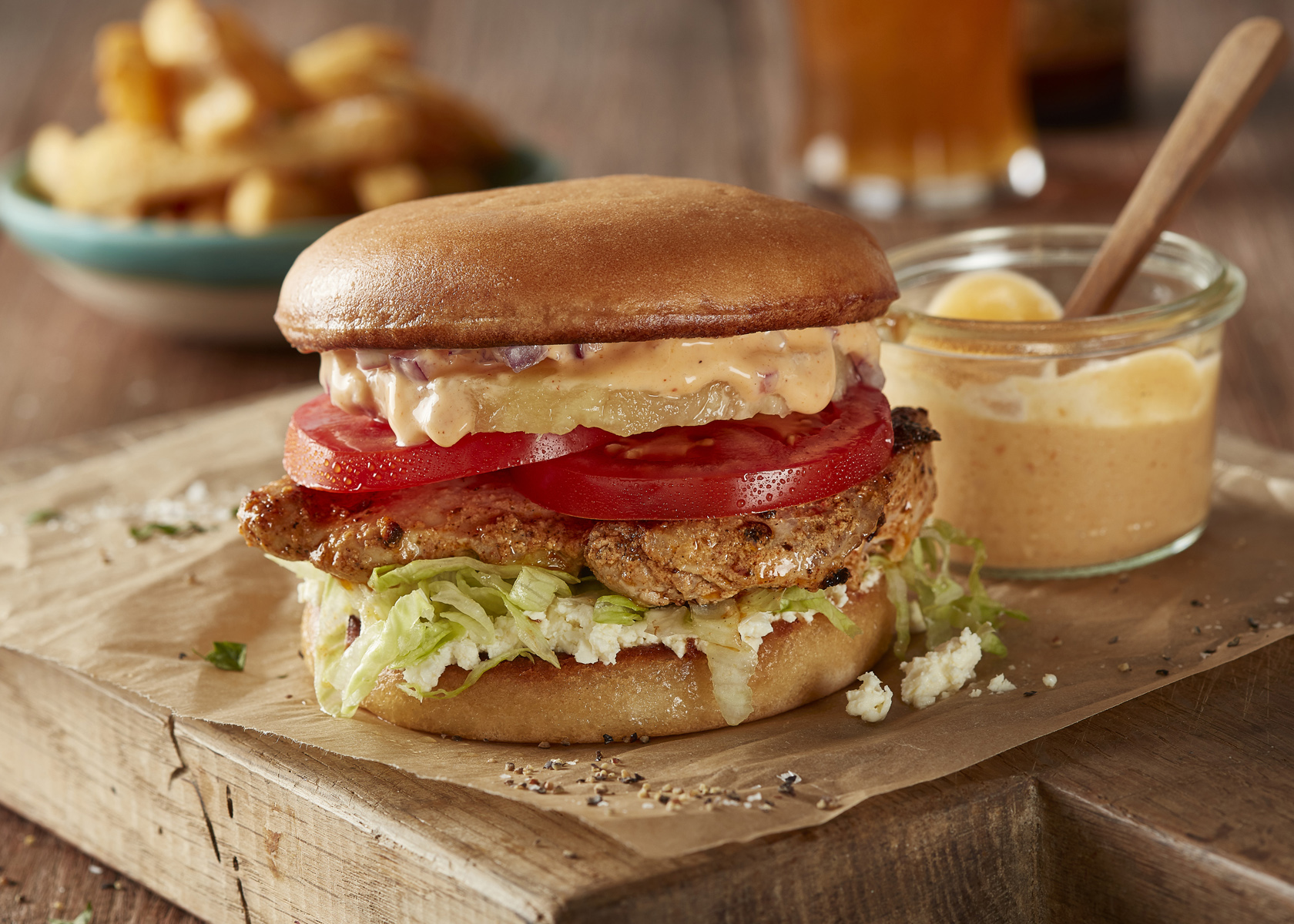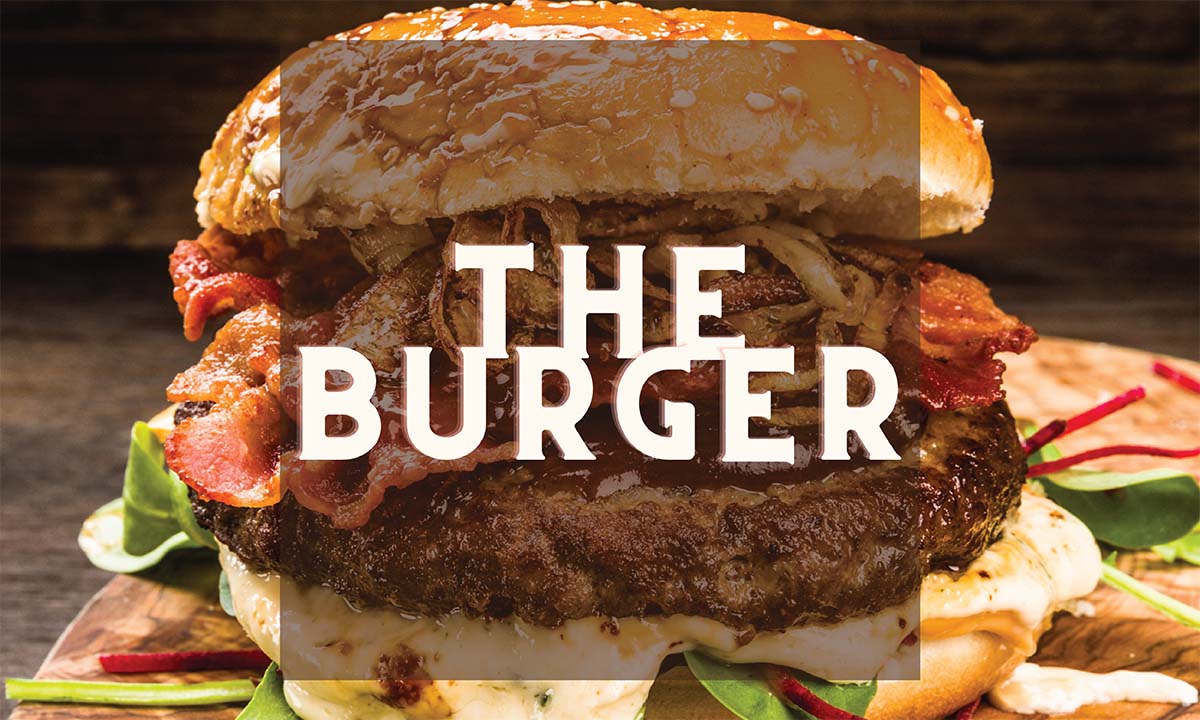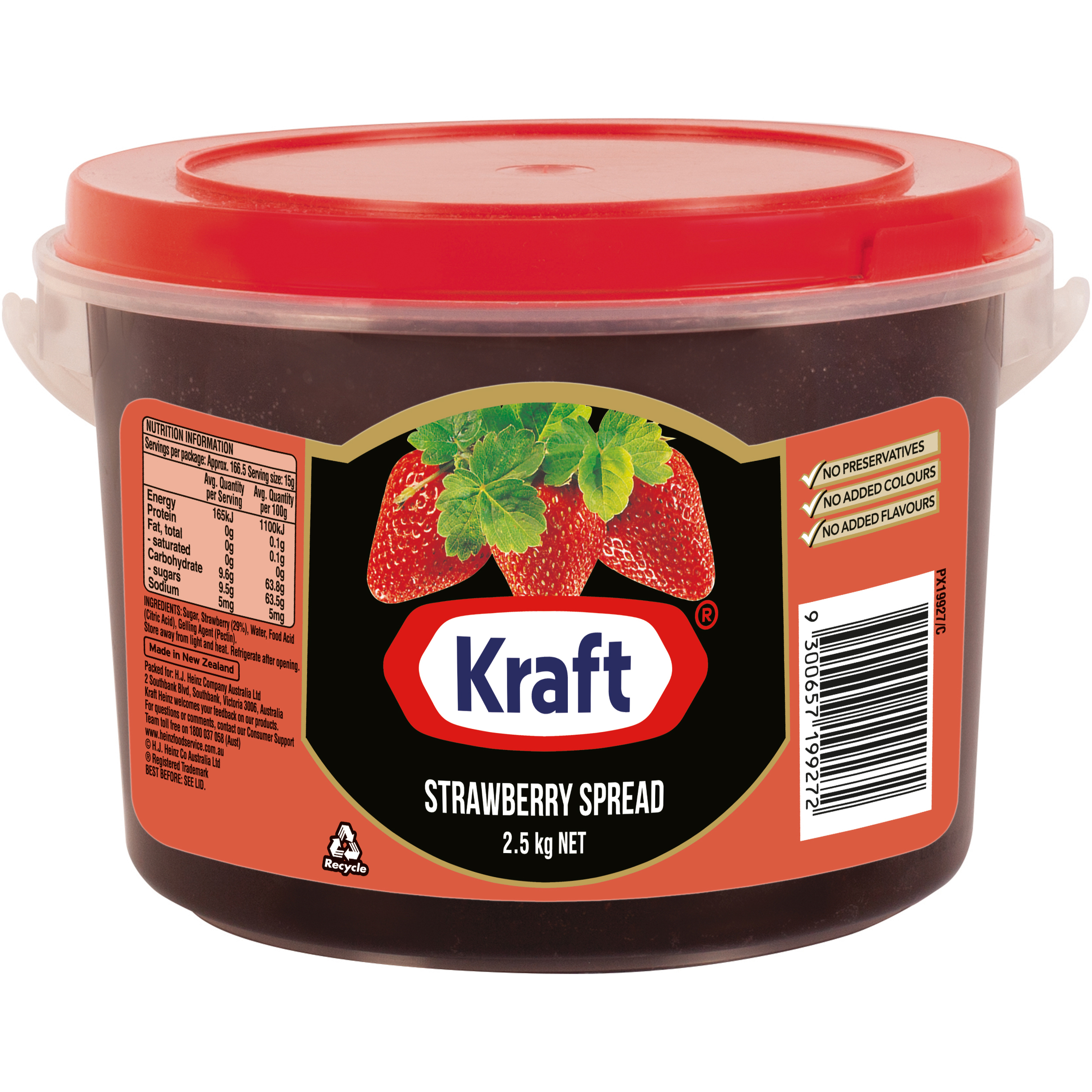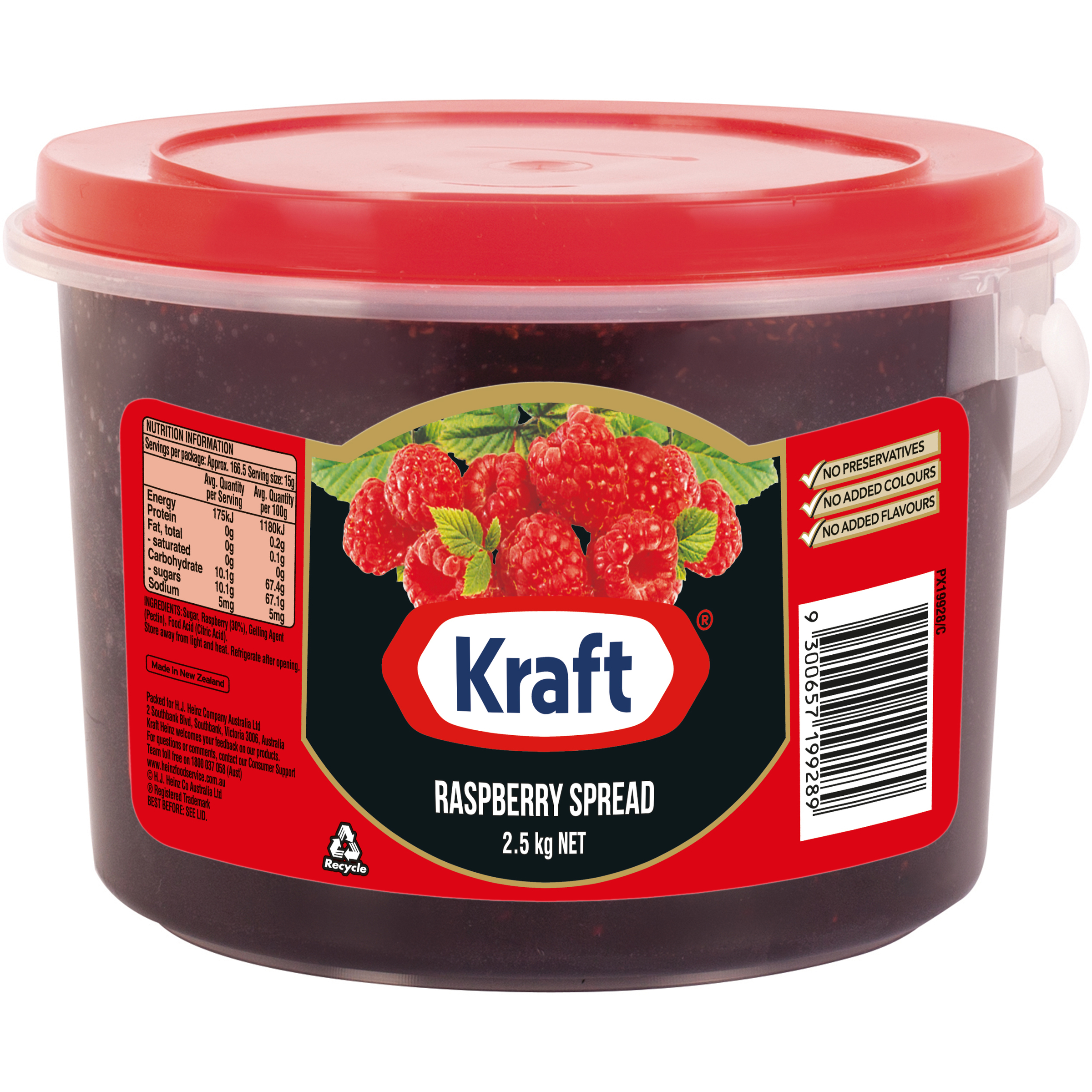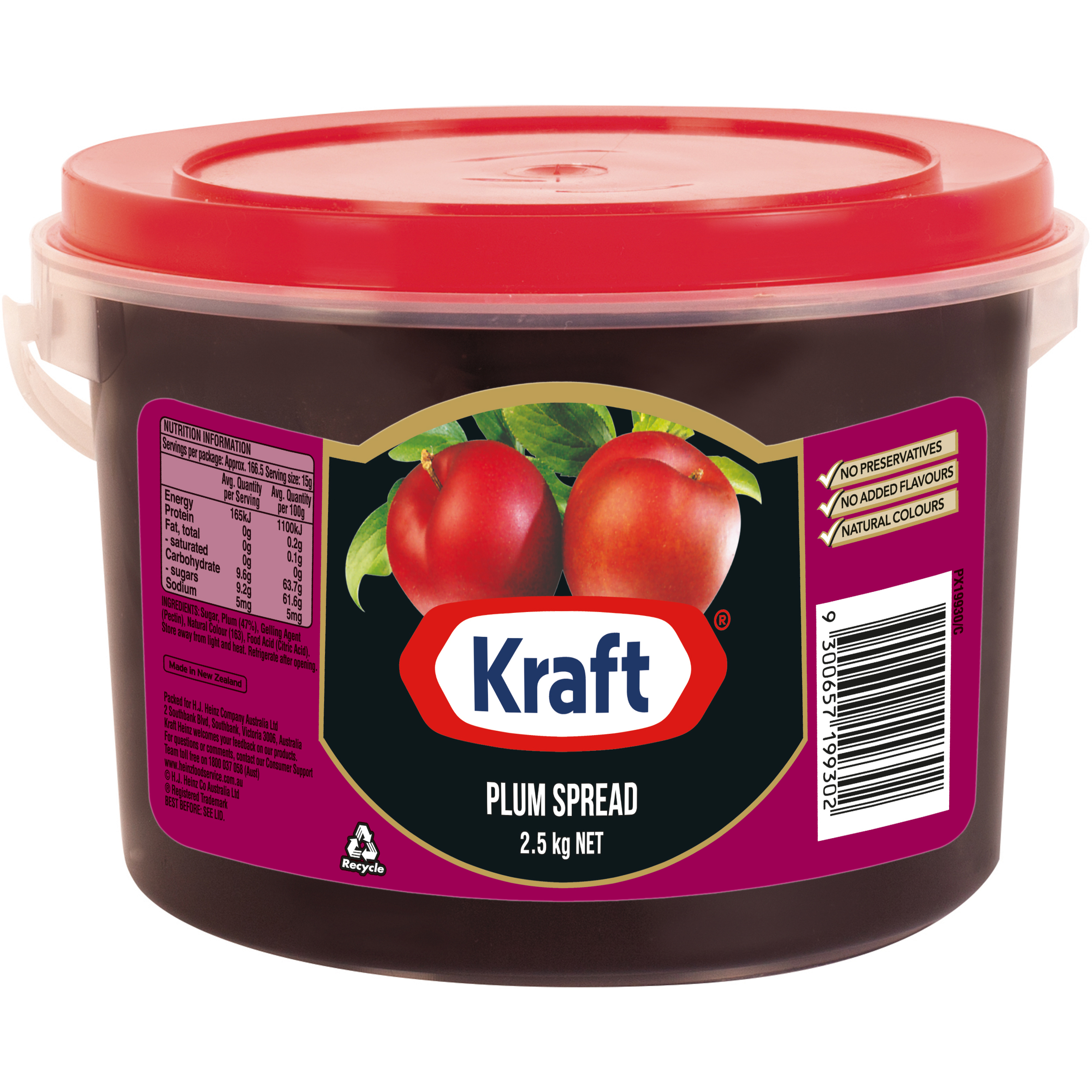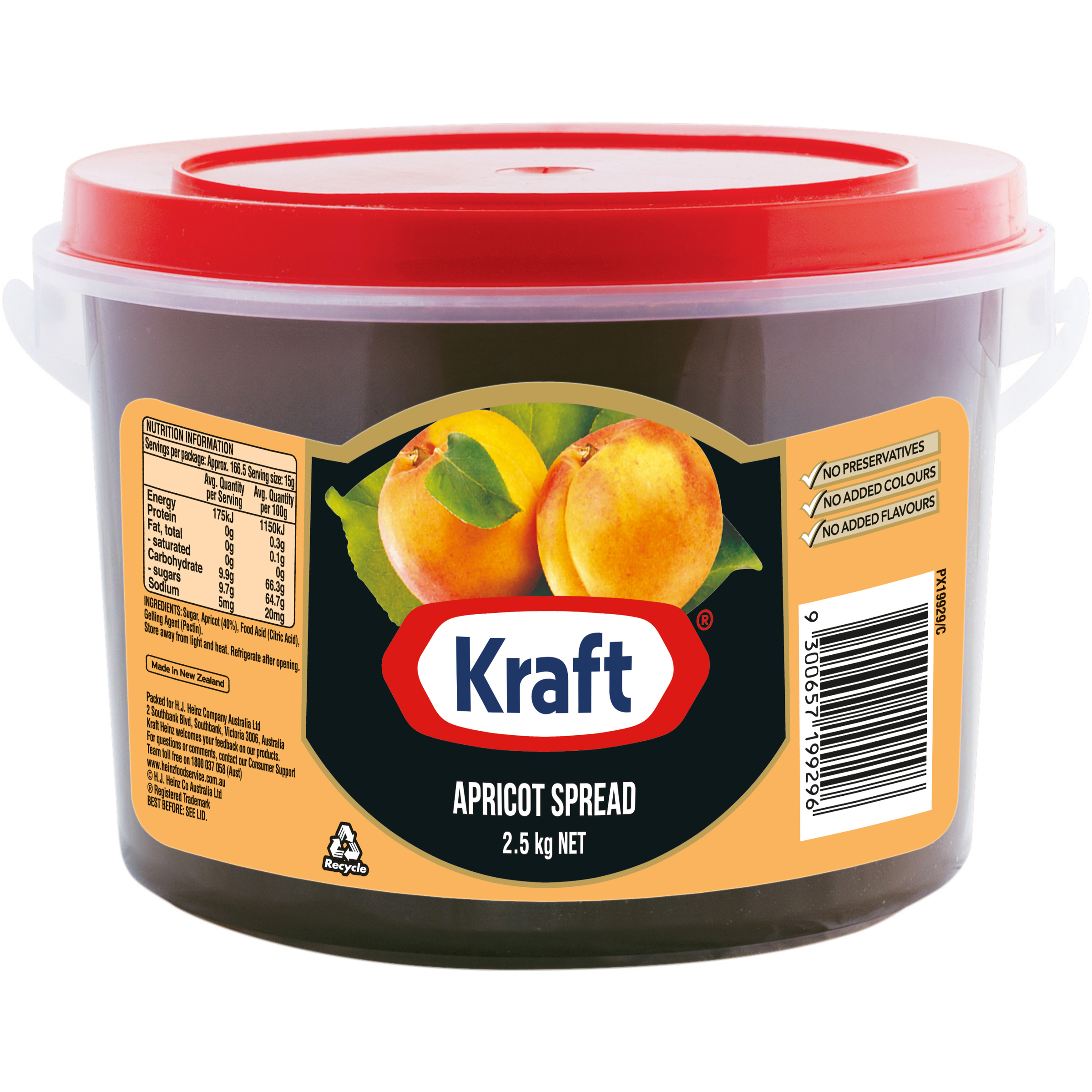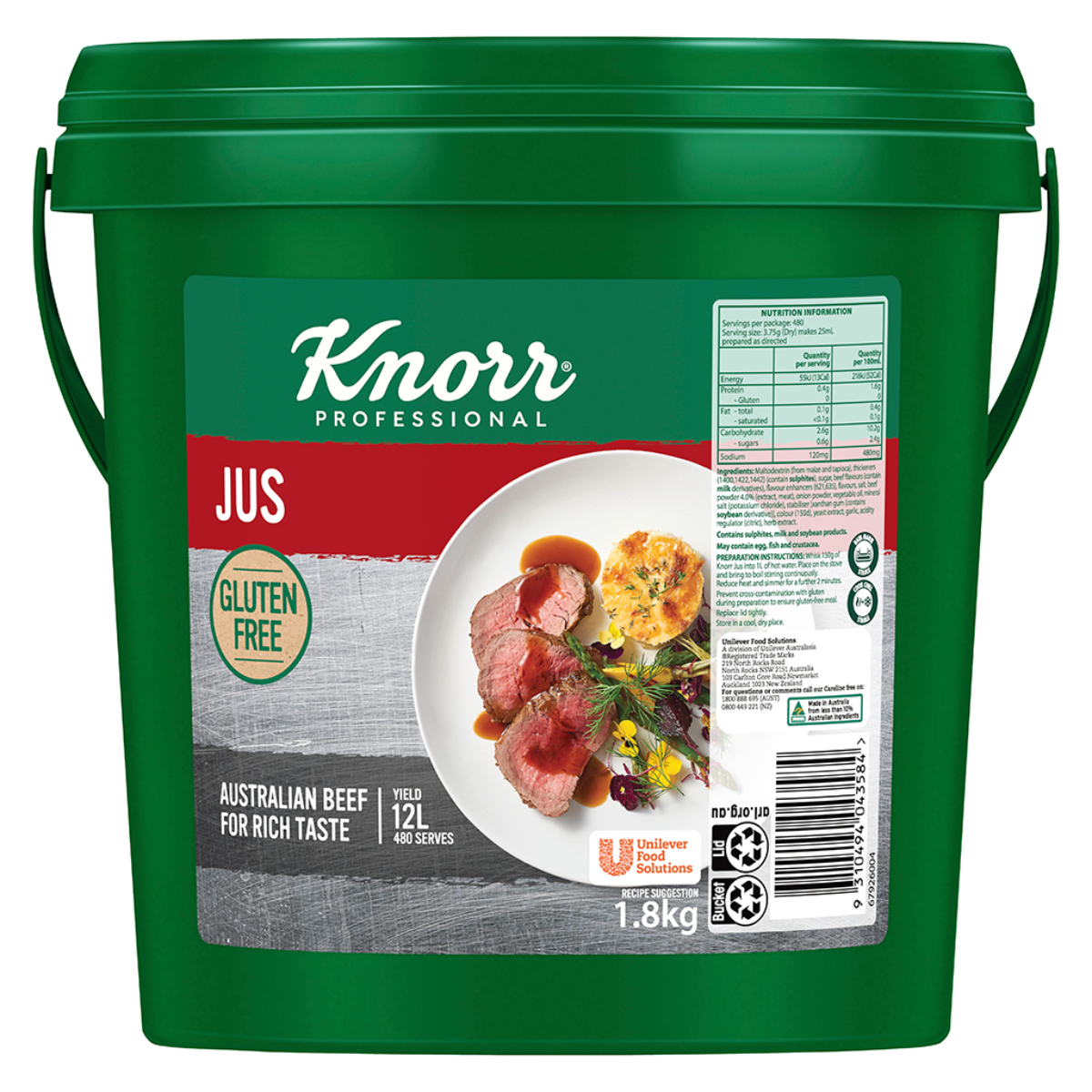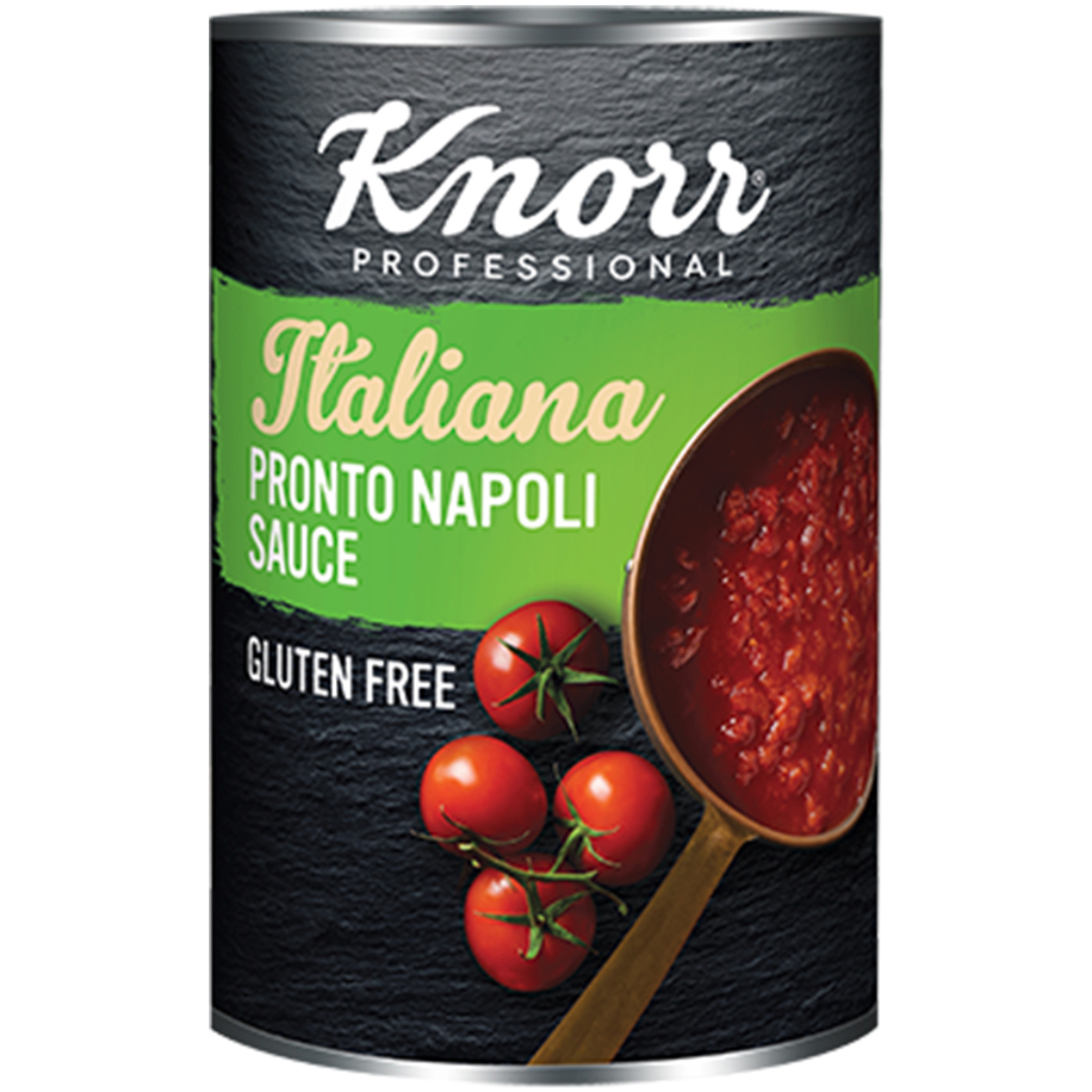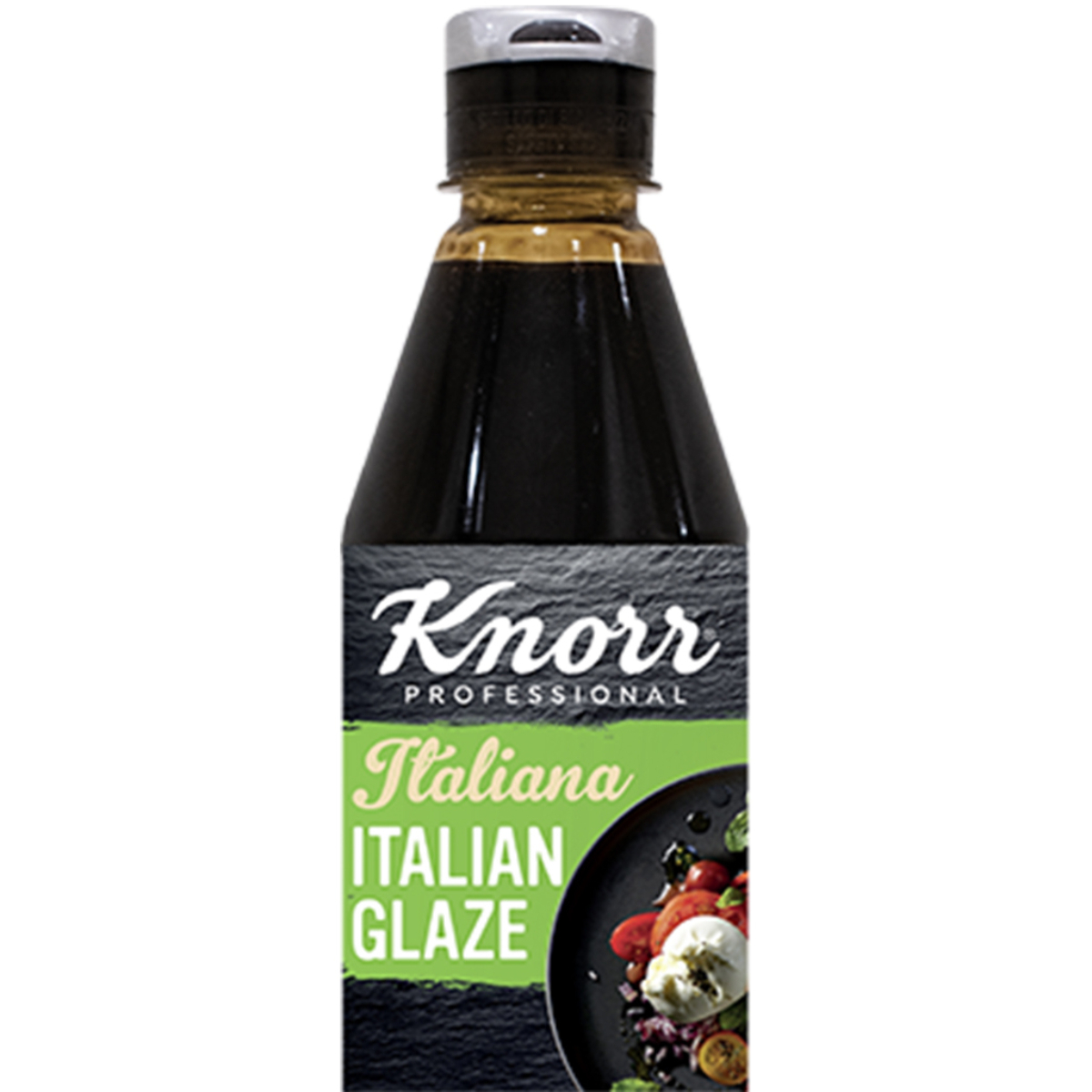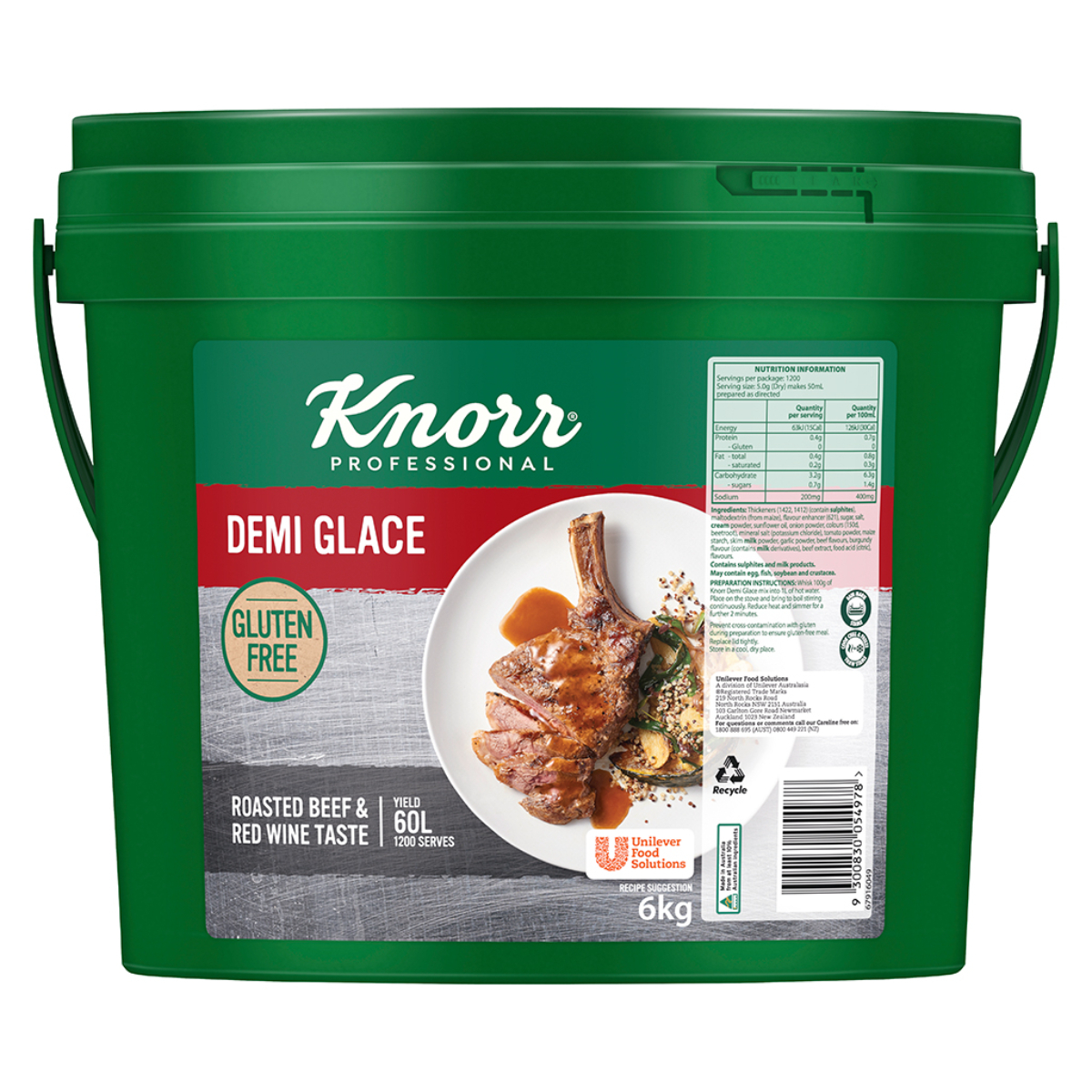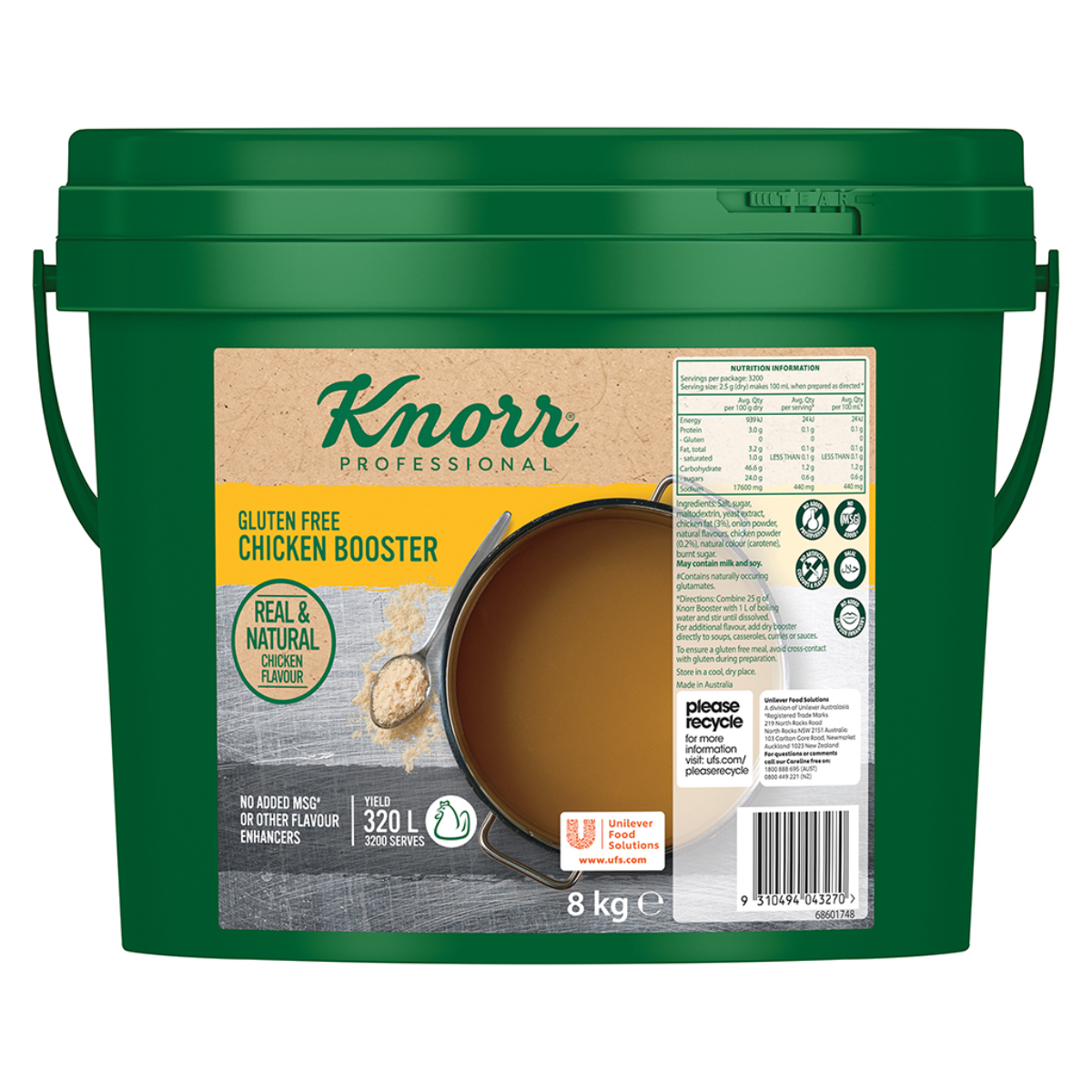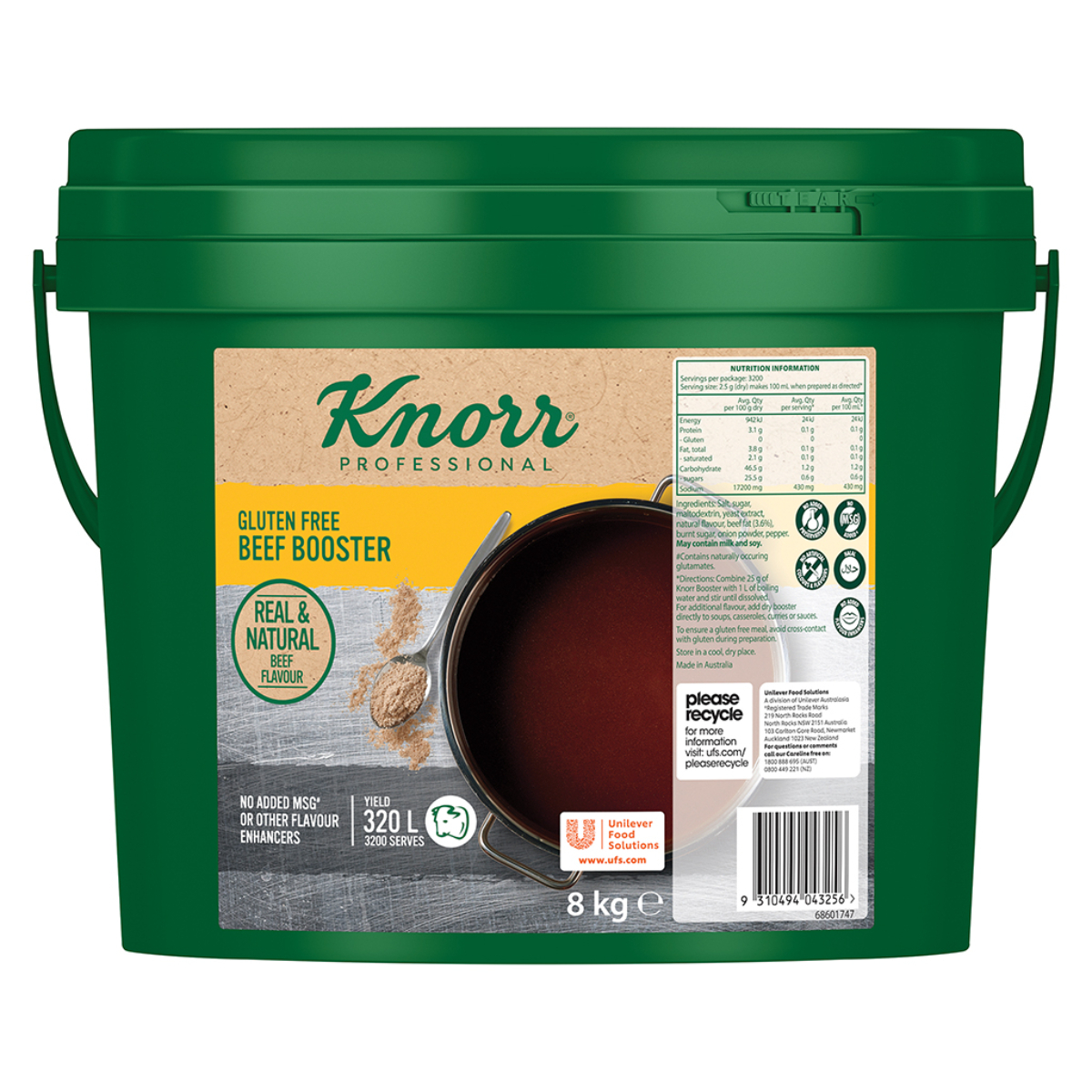Staff shortages and long hours were the key reasons Lauren Yehezkel decided to sell her popular café Wild Flour in Redfern last year.
“We struggled to find staff after lockdowns – particularly bakers because they had gone back to their own countries,” she recalls.
“We advertised everywhere and got no applications, whereas back in 2018, we would have received hundreds.”
Yehezkel and her husband had taken to working seven-day weeks to ensure customers – and staff – felt cared for and ‘heard’. But eventually it took its toll on their time as a family, and they decided to launch Lydy reusable coffee cup lids instead.
“It’s challenging and very satisfying, but now I have that work-life balance where I can pick my daughter up from school,” Yehezkel says.
“I miss the cafe and the interaction with people, but I don’t miss the stress.”
Yehezkel is just one example of thousands of hospitality workers worldwide who have pursued family-friendly work hours and flexible working conditions in the past few years.
In fact, Frontline Hospitality Recruitment research found one in five workers surveyed are leaving the industry.
“We could see it happening before the pandemic and then the pandemic hit and everyone was laid off. During that time people got the opportunity to see the grass on the other side and a huge percentage have not come back,” says Julia Long, Agency Owner at Frontline.
“The challenge is set to keep them [by] providing a workplace they want to stay in.”
Former head chef Richard Robinson, who is now an Associate Professor at The University of Queensland Business School researching the hospitality industry, says there’s also a case of restaurant over-supply in Australia.
“The barrier to entry for business ownership [in hospitality] is very low … and from a labour market point of view [it] creates more supply in the marketplace than there is demand from the consumer,” he says.
“That’s great for the consumer because it pushes prices down and gives them lots of options but it’s devastating from a labour market point of view because we don’t have enough workers to support all these businesses.”
Further, Robinson says it normalises casual work because many employers don’t have the capacity to take on the risk of employing people full time.
“One study of Greater Melbourne found there were a third too many restaurants to service demand from customers,” he says.
“This is where we get the phenomenon of the typical hospitality person who has three or four jobs on the go because they’re trying to construct full time employment out of numerous jobs. That can be quite exciting for a young person but that gets old once you’re servicing a mortgage and you’ve got some kids or you’re paying the rental prices that you are now.”
Suresh Manickam, CEO of the Restaurant and Catering Industry Association of Australia, says 54 percent of restaurants surveyed believe hiring is more difficult now than it was during the pandemic. He blames the government’s increase of the temporary skilled migration income threshold (TSMIT) to $70,000 for making it impossible for restaurants to afford international workers.
“Currently the domestic talent pool is non-existent,” he says.
“Hospitality businesses find a portion of their labour pool from overseas, whether that be international students, working holidaymakers or sponsored immigrants. [Now with] the migration system in its current form, international workers are inaccessible to our sector. There needs to be TSMIT concessions for the hospitality industry.”
What can restaurateurs do to find the best staff?
It’s arguably never been more challenging to be a hospitality business owner, but the experts agree that with fair pay rates, good culture and creativity in conditions, staff retention is absolutely possible. Here’s how.
Listen to staff needs
Just as hybrid working models have become the norm for many big corporates, hospitality businesses will benefit from thinking flexibly about staff hours.
“There’s a real opportunity for leaders to look at working conditions for team members, and consider creative ways to make the hours work for different people with different needs,” says Monique Richardson, expert in service leadership and author of They Serve Like We Lead.
“Make it a fantastic place to work so that people want to come to this particular place and want to stay because they love being there. I stayed at the Ritz Carlton in LA recently and met people who had worked behind the bar for 20 years. They loved coming to work and they loved their leaders.”
Robinson says businesses would do well to have good mental health and wellbeing programs for employees too.
“Creating a work environment where people feel supported and have a network of people they can talk to and access support if they need help [is important],” he says.
Offer opportunities
Career progression will keep ambitious workers stimulated, so develop clear plans to keep them intrigued.
“If you’ve got a 20-year-old kid that’s a supervisor in a pub who one day wants to be a licensee, you’ve got to show them that there’s not a glass ceiling – give them a development plan and prove that there’s opportunity to get to that point,” Long suggests.
“It’s also about making it fun and aspirational – [employ] supervisors who they look up to and aspire to be like.”
Stoke professional pride
On the positive side of hospitality’s “great resignation”, Long says that there has been a clearing of “dead wood”, leaving a really talented pool of chefs and front-of-house staff to bring real vibrancy into the sector, and understand the real importance of their vocation.
“I believe we’re getting back to that more creative space, where people are really proud of what they put on the plate,” she says.
“In COVID, we lost this love for serving people and trying to put a smile on other people’s faces. But when Willy comes into his local pub and Julia puts down his schooner with a nice coaster and says, ‘How’s Doris at home?’ He’s going to keep coming back. People need to understand the worth of that.”

